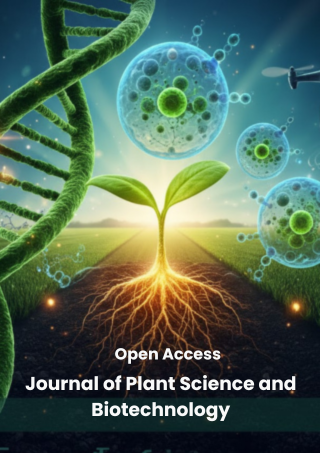Sustainable Agriculture and Food Security
Sustainable agriculture and food security research addresses the urgent global challenge of producing sufficient, nutritious food while preserving natural resources and minimizing environmental impacts. This field emphasizes the development of eco-friendly farming practices, efficient resource utilization, crop diversification, and integrated pest management to ensure long-term agricultural productivity. By focusing on soil health, water conservation, renewable energy use, and reduced chemical inputs, sustainable agriculture promotes resilience against climate change and environmental degradation. Food security research explores strategies to guarantee reliable access to safe, affordable, and nutritious food for a growing global population. It integrates scientific advancements in plant breeding, biotechnology, precision agriculture, and digital farming technologies with socioeconomic approaches that improve smallholder farmer livelihoods and strengthen global food systems. Sustainable agriculture and food security also involve policy development, community-based practices, and international cooperation to address issues such as malnutrition, post-harvest losses, and global trade imbalances. By bridging agricultural innovation with ecological stewardship and social equity, this area plays a vital role in achieving global sustainability goals and ensuring a healthy and food-secure future for humanity.
Article Processing Timeline
| 2-5 Days | Initial Quality & Plagiarism Check |
| 15 Days |
Peer Review Feedback |
| 85% | Acceptance Rate (after peer review) |
| 30-45 Days | Total article processing time |
Journal Flyer


